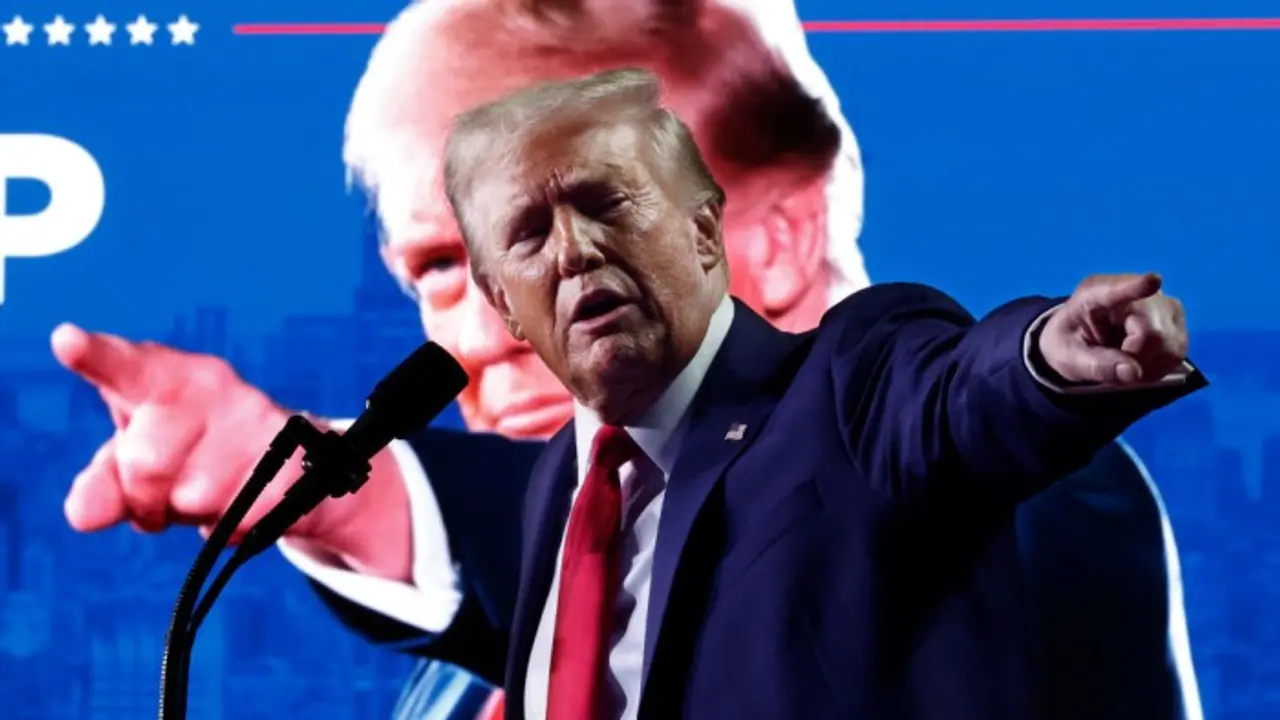Several US colleges have issued travel advisories to their international students and staff, recommending they return before Trump's inauguration in January. This comes amidst concerns over potential travel restrictions stemming from Trump's previously implemented executive orders on immigration.
Amid fears that his administration may implement travel restrictions, a number of US colleges have issued travel advisories for its foreign employees and students, advising them to return to the US prior to President-elect Donald Trump's inauguration in January of next year. Trump has stated that on his first day as the 47th President of the United States, he will sign a number of executive orders pertaining to immigration and the economy. He will take the oath of office on January 20.

Several prestigious US colleges are issuing travel recommendations for their teachers and international students who could be traveling abroad during Trump's inauguration, amid worries about the delays created by travel restrictions during his first term as president.
China and India accounted for more than half (54 percent) of all overseas students studying in the US, according to data from the Institute of overseas Education, the US Department of State, and the Bureau of Educational and Cultural Affairs.
However, data from the "Open Doors 2024 Report on International Educational Exchange" shows that, for the first time since 2009, India overtook China as the country of origin with 331,602 international students studying in the United States in 2023–2024, a 23% increase from the previous year. Even with a 4% drop to 277,398 students, China remained the second most popular country of origin. With 87,551 undergraduates and 5,517 non-degree students sent, it continued to be the top sending nation.
Associate Dean and Director at Massachusetts Institute of Technology (MIT) International Students Office David Elwell in a post following the presidential elections said that with every election, “when there is a change in administration on the federal level there can be changes in policies, regulations, and legislation that impacts higher education as well as immigration and visa status matters".
Elwell urged students to assess their travel plans over the upcoming winter break, noting that new executive orders under Trump may impact travel and visa processing.
Trump signed an executive order in January 2017 that prohibited citizens of seven Muslim-majority nations—Iraq, Syria, Iran, Libya, Somalia, Sudan, and Yemen—from entering the United States for 90 days. This action caused significant disruptions in communities and sparked outrage and concerns from civil rights organizations, just one week into his first term as president.
